Κείμενο
Μελέτες που έχουν γίνει εδώ και αρκετές δεκαετίες έχουν δείξει ότι η υπερβολική κατανάλωση αλατιού επηρεάζει σημαντικά την υγεία μας. Συγκεκριμένα, Φαίνεται ότι το νάτριο που είναι ένα από τα δύο κύρια ιόντα που αποτελεί το μαγειρικό αλάτι, έχει σαν συνέπεια την αυξημένη αρτηριακή πίεση που με τις δεκαετίες οδηγεί σε αρτηριοσκλήρωση και αυξημένη πιθανότητα εμφάνισης εγκεφαλικών και καρδιακών επεισοδίων. Όλοι οι ειδικοί συμφωνούν ότι είναι πολύ σημαντικό να μειωθεί η κατανάλωση αλατιού, αν και τα τελευταία χρόνια φαίνεται ότι συμβαίνει ακριβώς το αντίθετο. Σε κάθε περίπτωση εμείς είναι σημαντικό να ξέρουμε τι είναι το καλό για την υγεία μας και σε αντίθεση με αυτό που κάνει ο περισσότερος κόσμος να προσπαθούμε να το εφαρμόσουμε. Εδώ και αρκετές δεκαετίες, κυκλοφορούν στην αγορά υποκατάστατα αλατιού. Τα υποκατάστατα αλατιού, που θα βρείτε σε όλα τα σούπερ μάρκετ, αποτελούνται από ένα μίγμα χλωριούχου νατρίου και χλωριούχου καλίου. Θα βρείτε μεγάλο εύρος αναλογιών στα μίγματα, καθώς υπάρχουν προϊόντα που περιέχουν μόλις 20% χλωριούχο κάλιο, ενώ θα βρείτε και προϊόντα που αποτελούνται εξολοκλήρου χλωριούχο κάλιο. Συχνά στο ιατρείο μου, τόσο οι ασθενείς μου, όσο και οι πελάτες μου, με ρωτούν αν αυτά τα υποκατάστατα αλατιού είναι υγιεινά. Η μισή μου απάντηση βασίζεται σε μία μελέτη που δημοσιεύτηκε πρόσφατα που δείχνει ότι αν κάποιος έχει αυξημένη αρτηριακή πίεση, άρα και αυξημένη πιθανότητα να υποστεί εγκεφαλικό, φαίνεται να ωφελείται όταν αντικαθιστά το κανονικό μαγειρικό αλάτι με υποκατάστατο αλατιού που περιέχει λιγότερο νάτριο. Η μελέτη αυτή έγινε στην Κίνα σε περίπου 21.000 ασθενείς που τους χορηγήθηκε υποκατάστατο αλατιού με την οδηγία να το χρησιμοποιούν ελεύθερα αντί για το κανονικό μαγειρικό αλάτι που χρησιμοποιούσαν μέχρι την αρχή της μελέτης. Τα αποτελέσματα της μελέτης δείχνουν ότι τα άτομα που υιοθέτησαν το υποκατάστατο αλατιού εμφάνισαν μειωμένη πιθανότητα καρδιαγγειακών επεισοδίων και εγκεφαλικών. Όμως αυτή δεν είναι όλη η αλήθεια. Η μελέτη

έγινε στην Κίνα, σε χωριά, πράγμα που σημαίνει ότι δεν γίνεται να βιαστούμε και να την υιοθετήσουμε στην δική μας πραγματικότητα. Η σημαντικότερη διαφορά είναι το γεγονός ότι στις χώρες της Δύσης όλο και λιγότερο ο κόσμος βασίζεται για τη διατροφή του σε φαγητά που φτιάχνει στο σπίτι και όλο και περισσότερο σε φαγητά που παίρνει έτοιμα απέξω. Ακόμα και τα φαγητά που καταναλώνει σπίτι, έχουν υποστεί κάποια μορφή προετοιμασίας. Αυτό σημαίνει ότι αν αλλάξετε το αλάτι που έχετε στην αλατιέρα σας και από κανονικό αρχίσετε να χρησιμοποιείτε υποκατάστατο αλατιού, αυτό δεν θα επηρεάσει καθόλου τη συντριπτική πλειοψηφία του αλατιού που λαμβάνεται από το τυρί, τα αλλαντικά, τις έτοιμες σάλτσες, τα κρέατα που καταναλώνετε σε ταβέρνες και ψητοπωλεία και τις απρόσμενα τεράστιες ποσότητες αλατιού που υπάρχουν στα έτοιμα αρτοποιήματα. Ο πληθυσμός της μελέτης που έγινε στην Κίνα έτρωγε σχεδόν αποκλειστικά φαγητά τα οποία προετοίμασε στο σπίτι, και αυτό σημαίνει ακόμα και τα τυριά και τα αλλαντικά οι συμμετέχοντες της μελέτης δεν τα έπαιρναν έτοιμα από το σουπερμάρκετ αλλά τα προετοίμαζαν μόνοι τους. Επίσης, σε αντίθεση με τους κατοίκους των σημερινών πόλεων, δεν έτρωγαν ποτέ έξω, πράγμα που σημαίνει ότι όντως αντικατέστησαν το αλάτι που κατανάλωναν από κανονικό σε υποκατάστατο. Μήπως αυτό σημαίνει ότι το υποκατάστατο αλατιού δεν είναι υγιεινό; Όχι, δεν είπα αυτό. Φαίνεται ότι το υποκατάστατο αλατιού όντως είναι υγιεινό και καλό είναι να συζητήσετε την πιθανότητα να αρχίσετε να το χρησιμοποιείτε στην προετοιμασία των φαγητών που τρώτε στο σπίτι σας, αφού πρώτα μιλήσετε με τον γιατρό που σας παρακολουθεί και εγκρίνει αυτή την αλλαγή, γιατί υπάρχουν παθήσεις και καταστάσεις που απαγορεύουν την κατανάλωση υποκατάστατου αλατιού. Αυτό που είναι επίσης πολύ σημαντικό να μην μείνετε μόνο στην υιοθέτηση του υποκατάστατου αλατιού. Εάν θέλετε πραγματικά να μειώσετε την ποσότητα του αλατιού που καταναλώνετε καθημερινά, πρέπει να μειώσετε σημαντικά και τις τροφές που καταναλώνετε εκτός

σπιτιού, όπως επίσης και να μειώσετε σημαντικά την κατανάλωση τυριών και αλλαντικών. Επίσης, ως επιπρόσθετο μέτρο μπορείτε να φροντίσετε να αυξήσετε σημαντικά τα φρούτα και τα λαχανικά που έχουν κάλιο σε φυσική μορφή και βοηθούν το σώμα να αποβάλει το περίσσιο νάτριο που προκαλεί βλάβες στα αγγεία του εγκεφάλου και της καρδιάς. Ευχαριστώ πολύ.

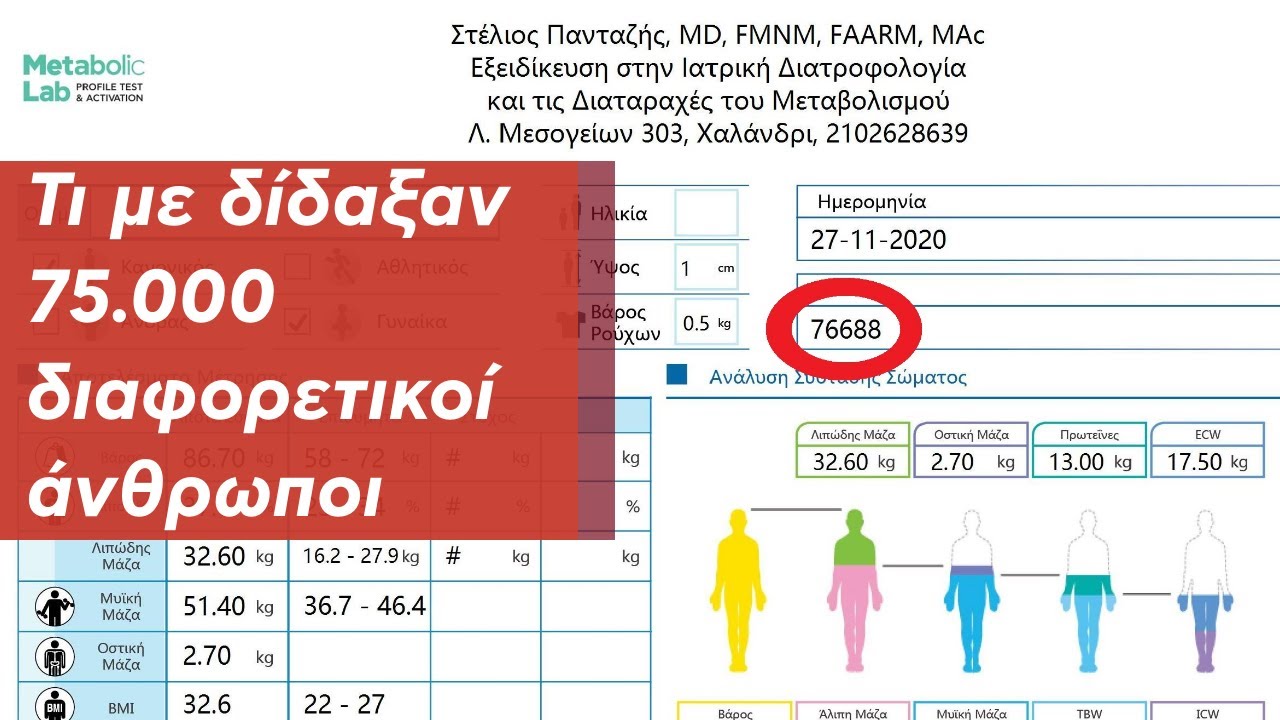

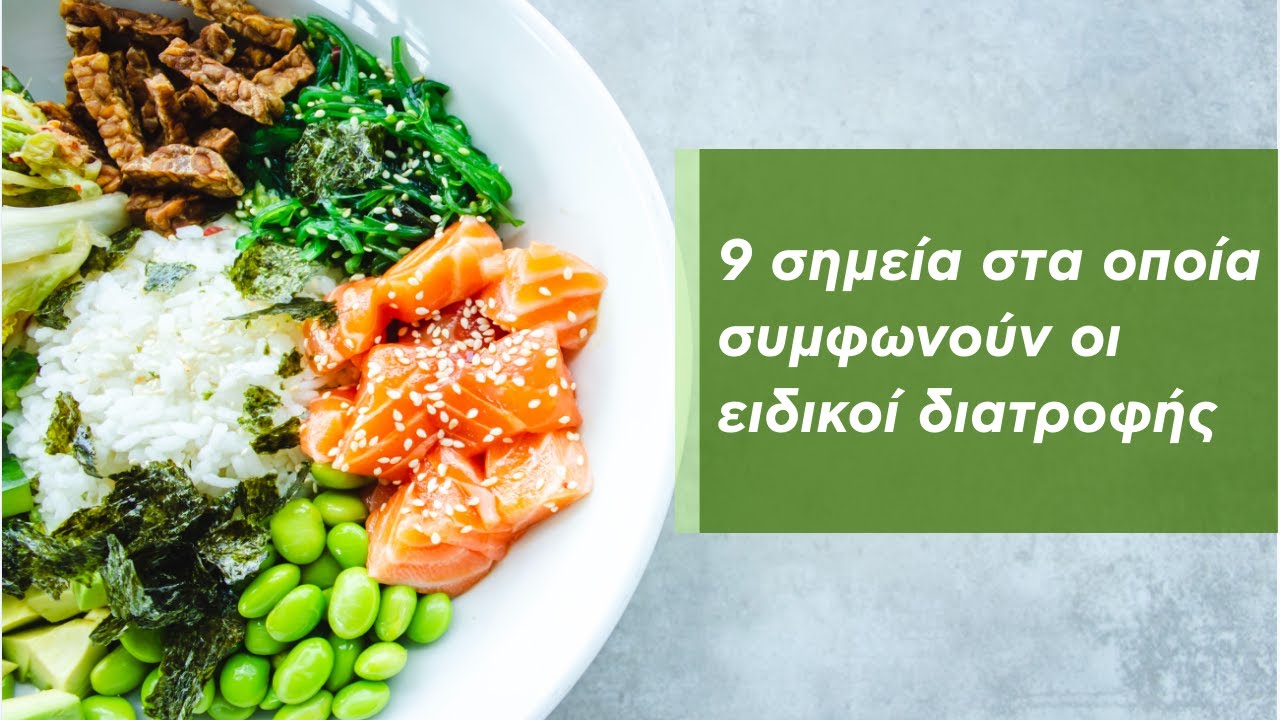
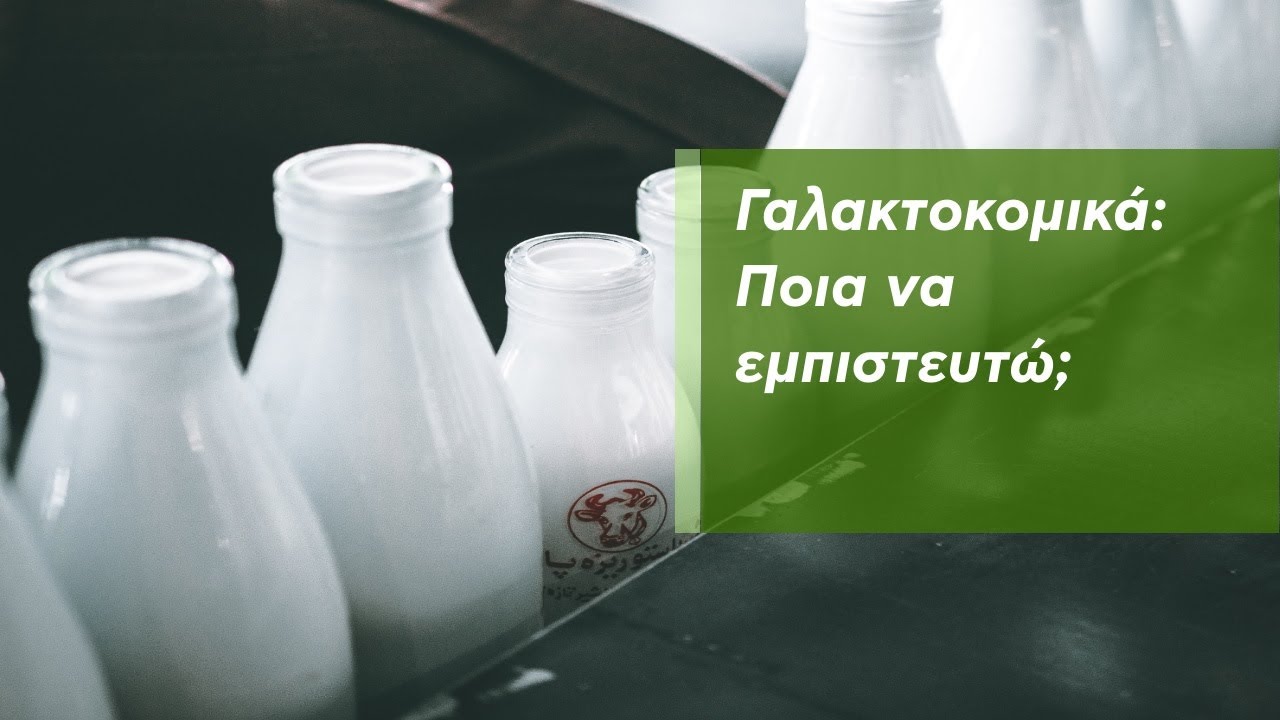


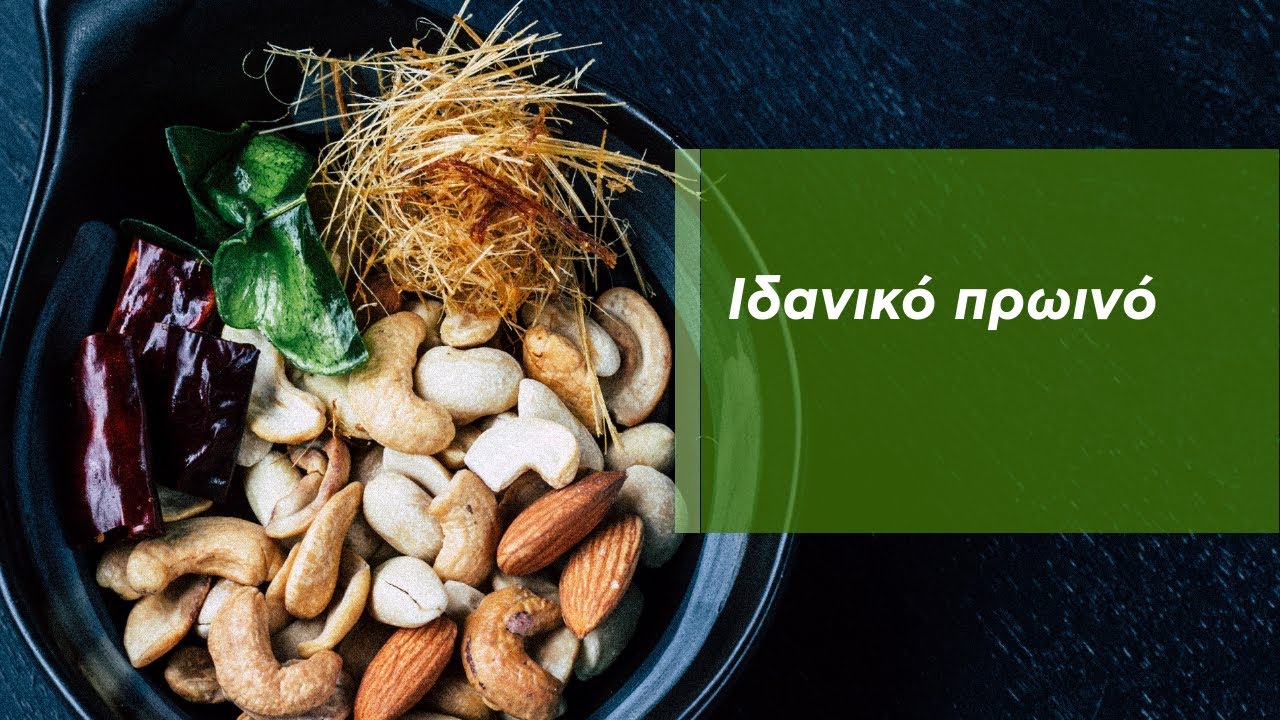
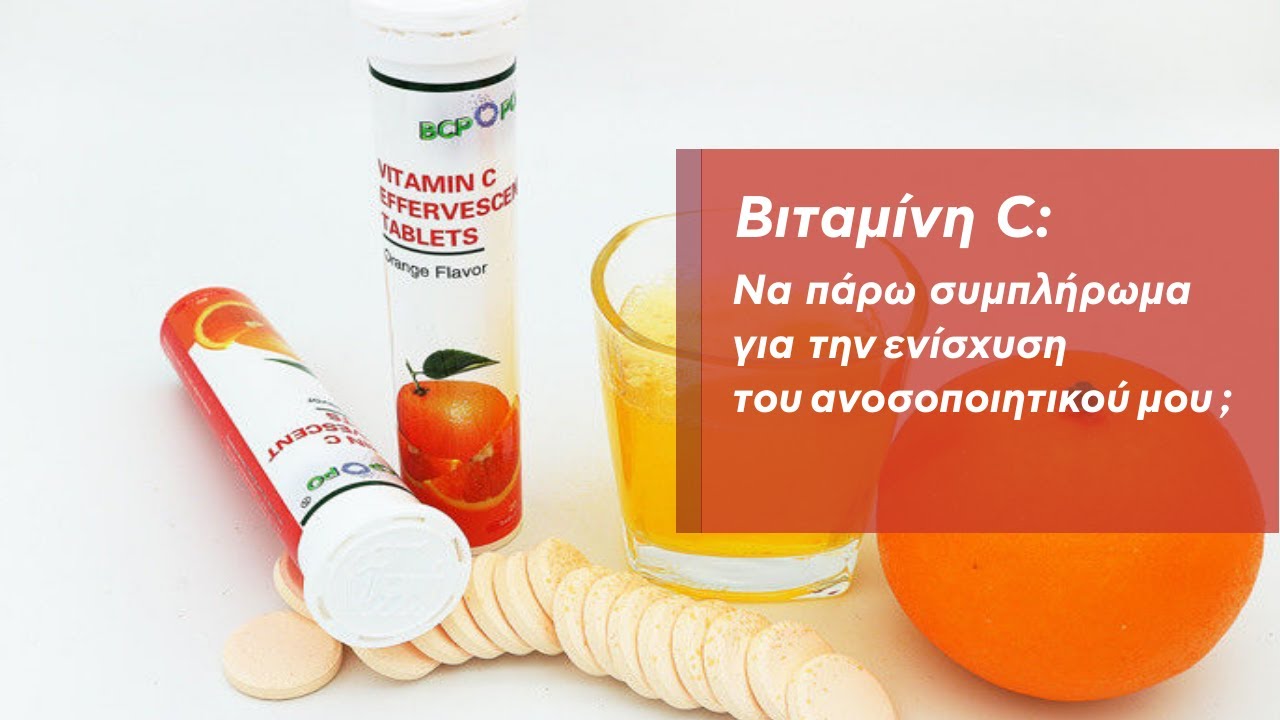



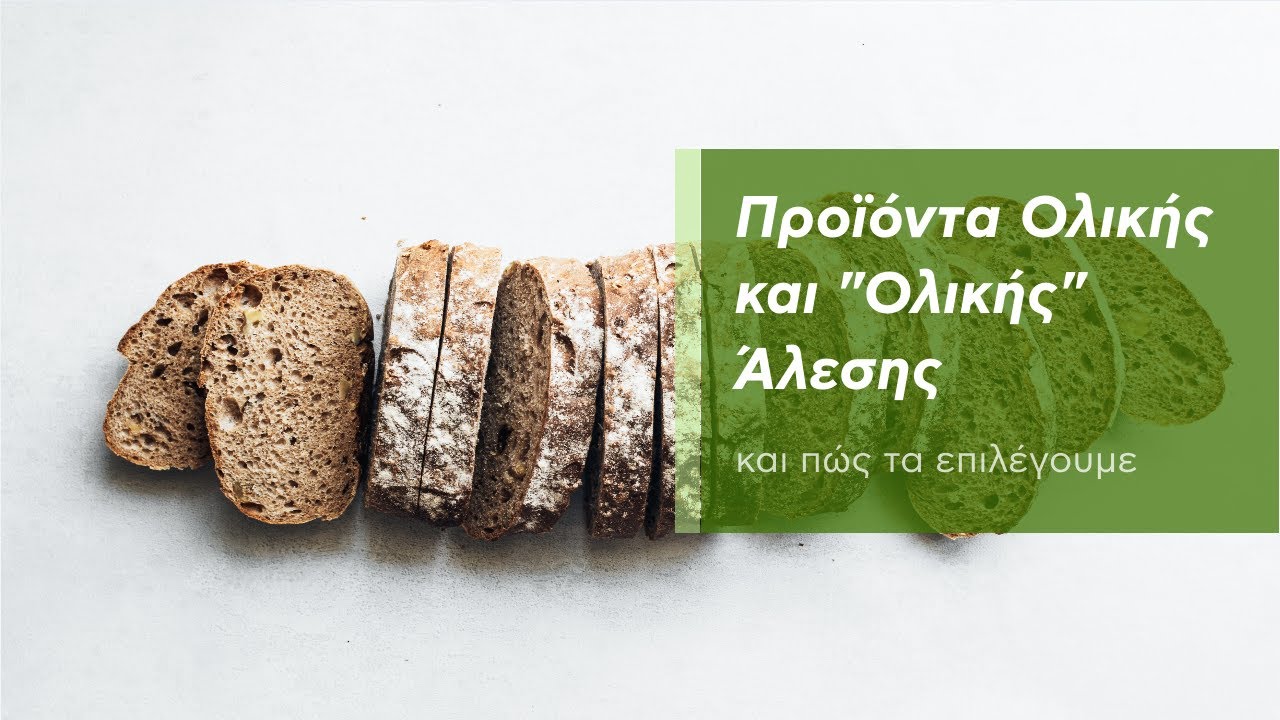
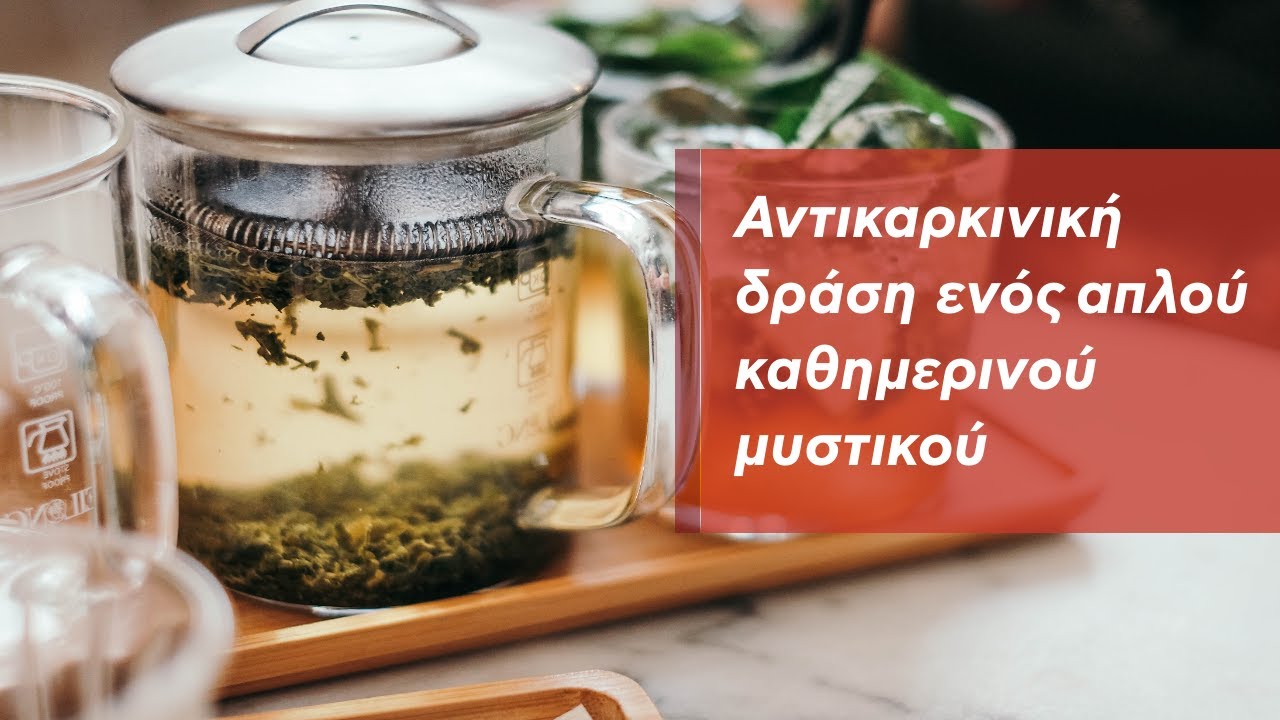


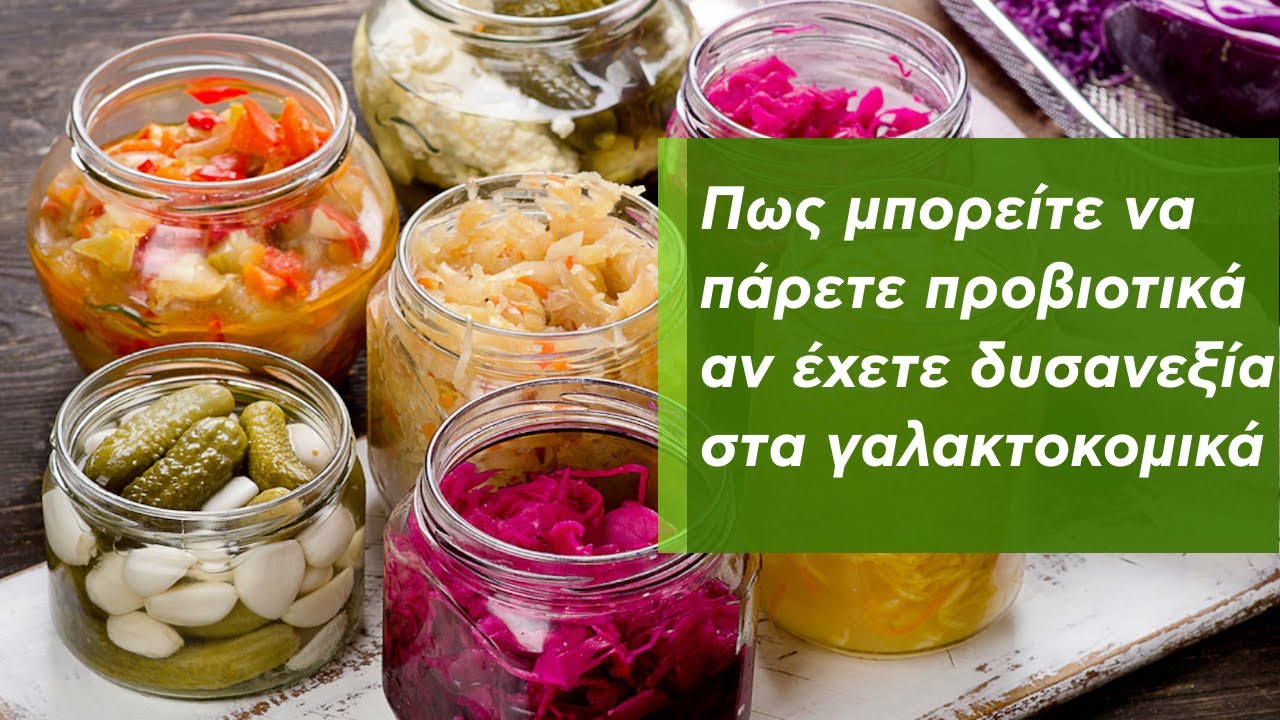




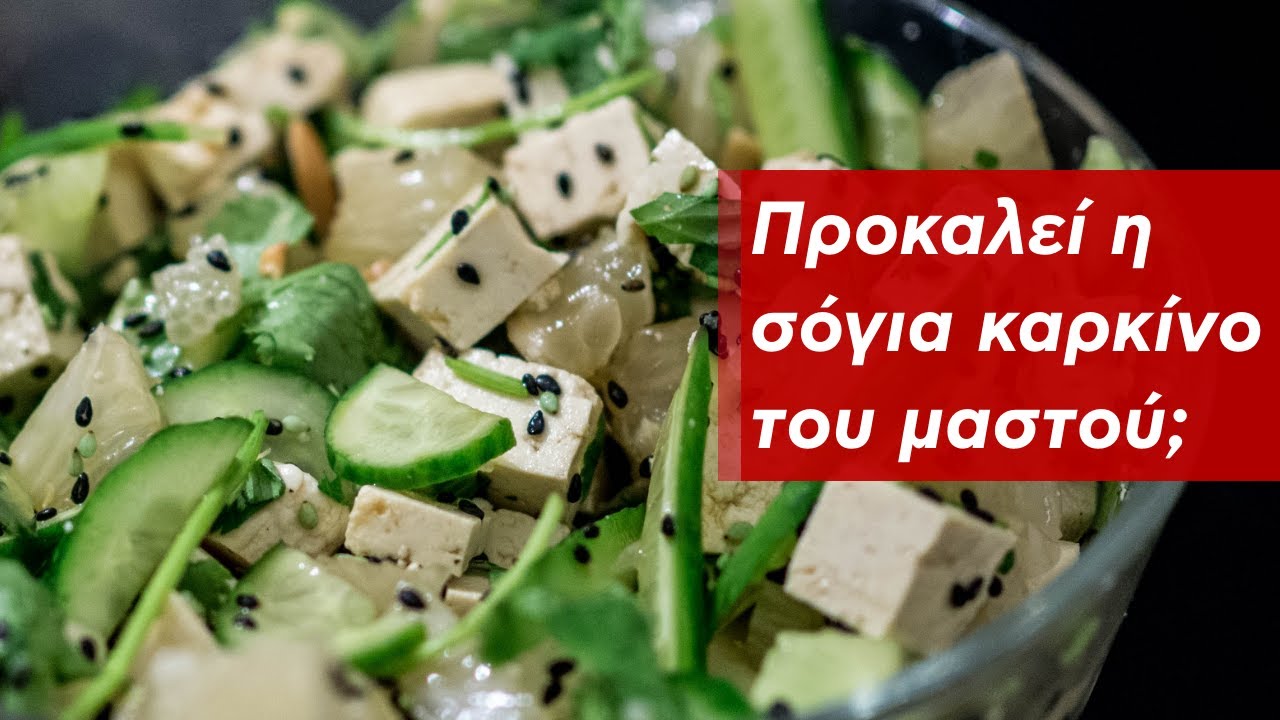



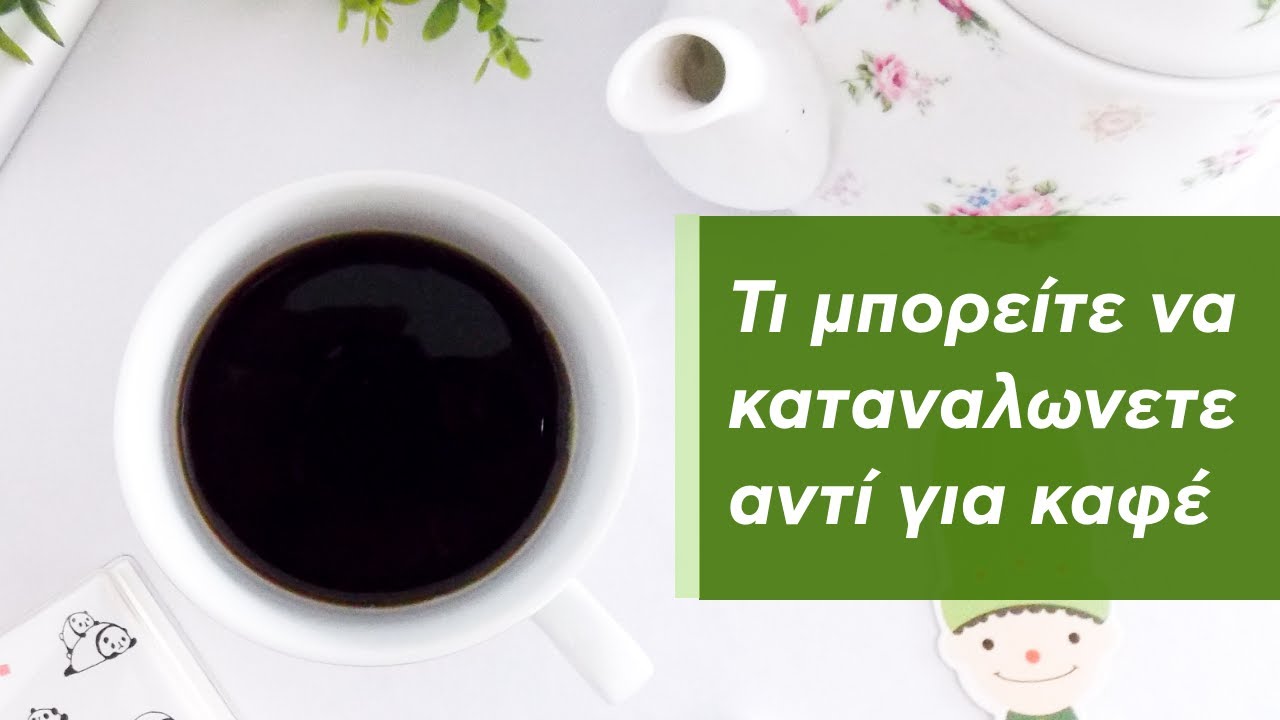
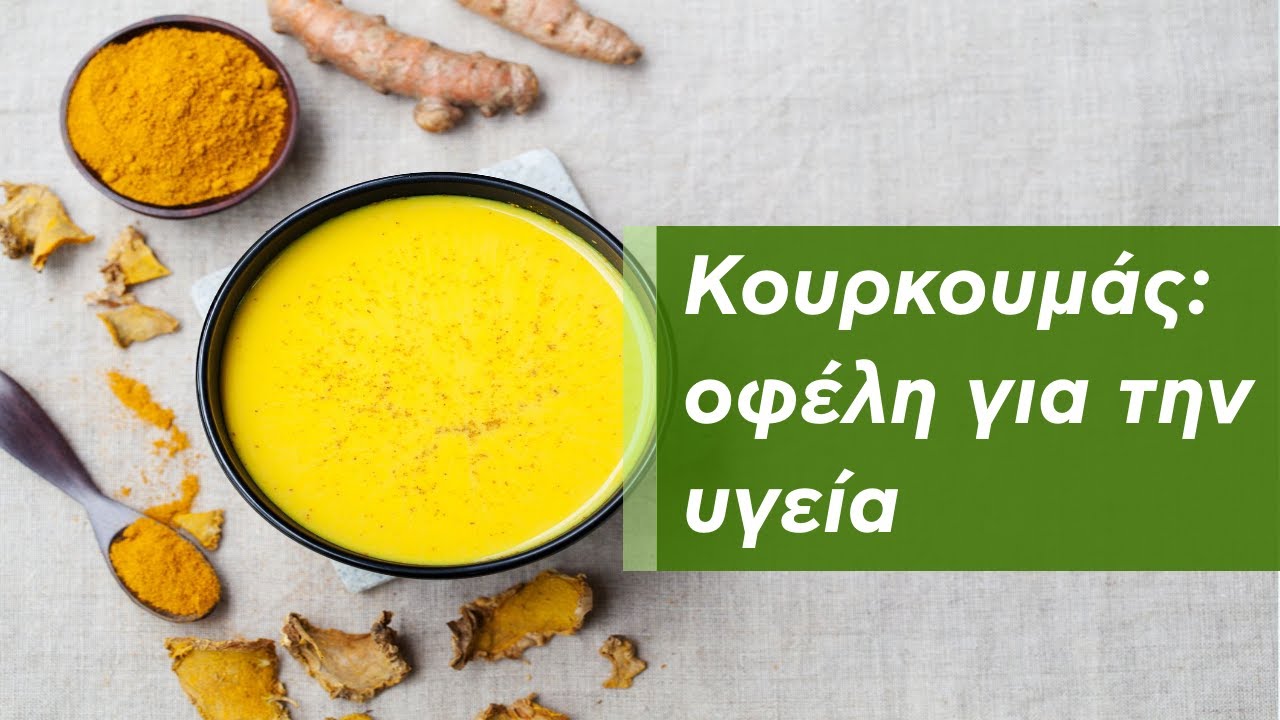

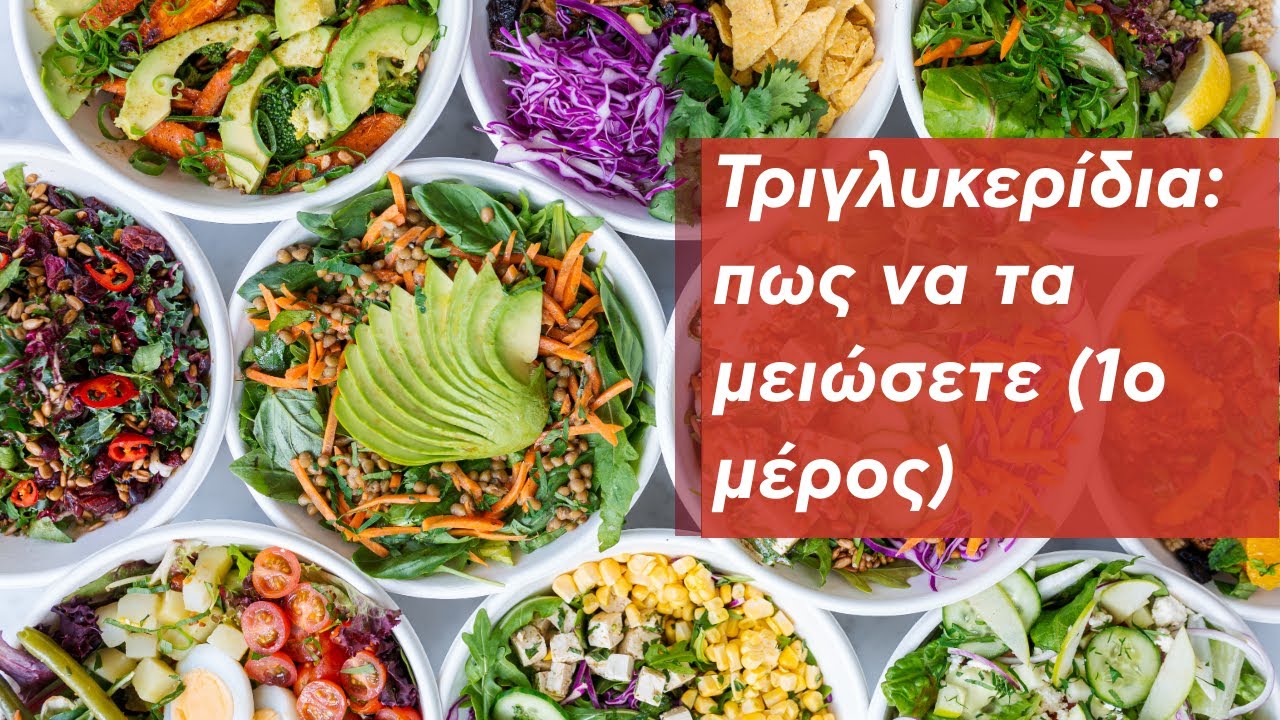



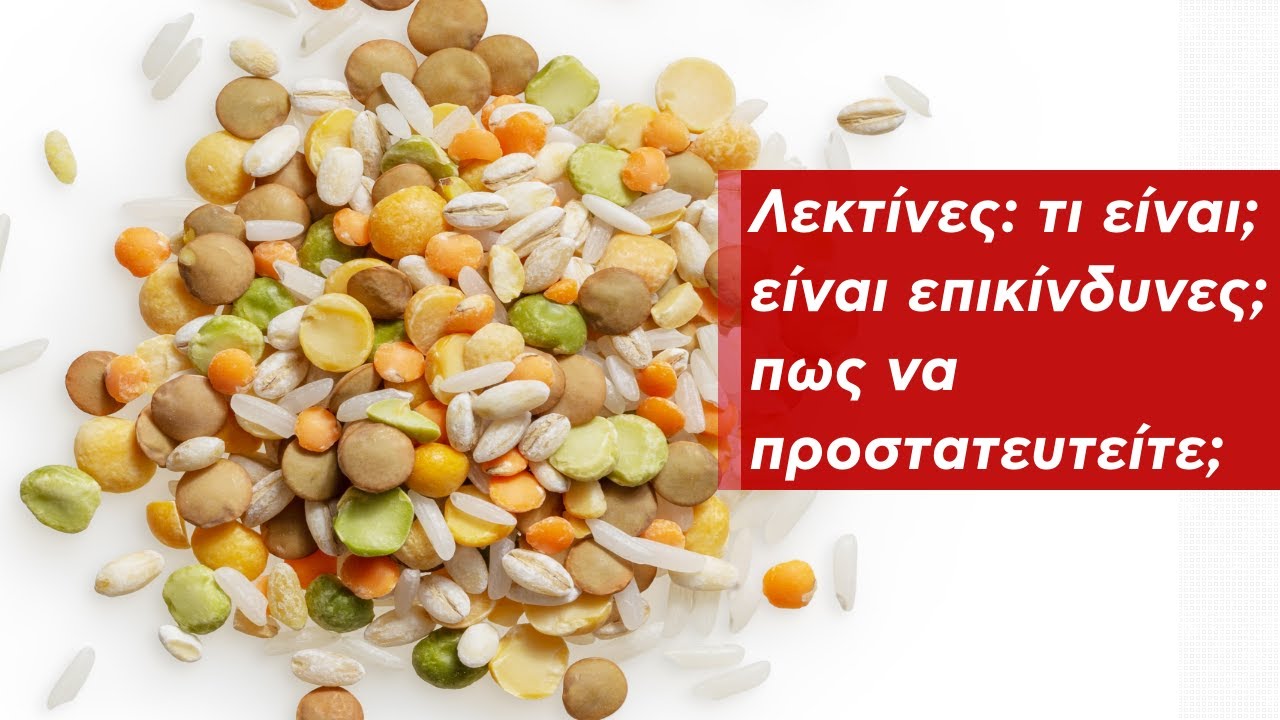




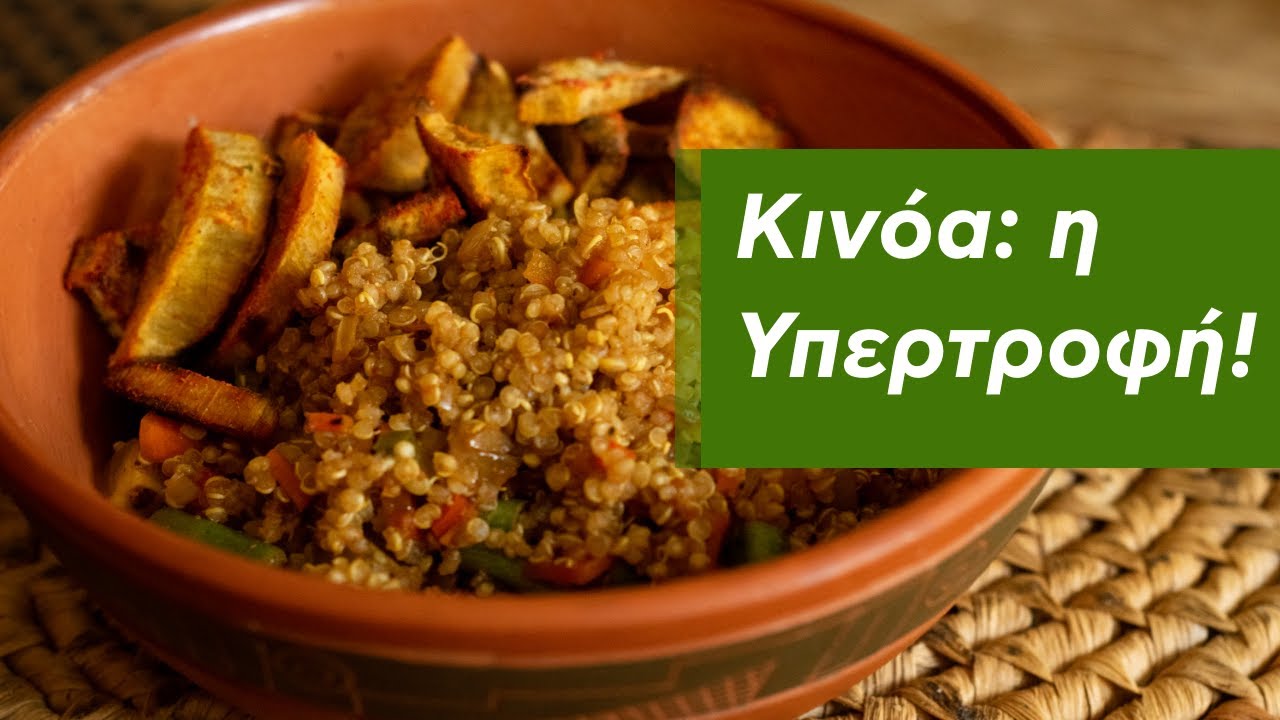

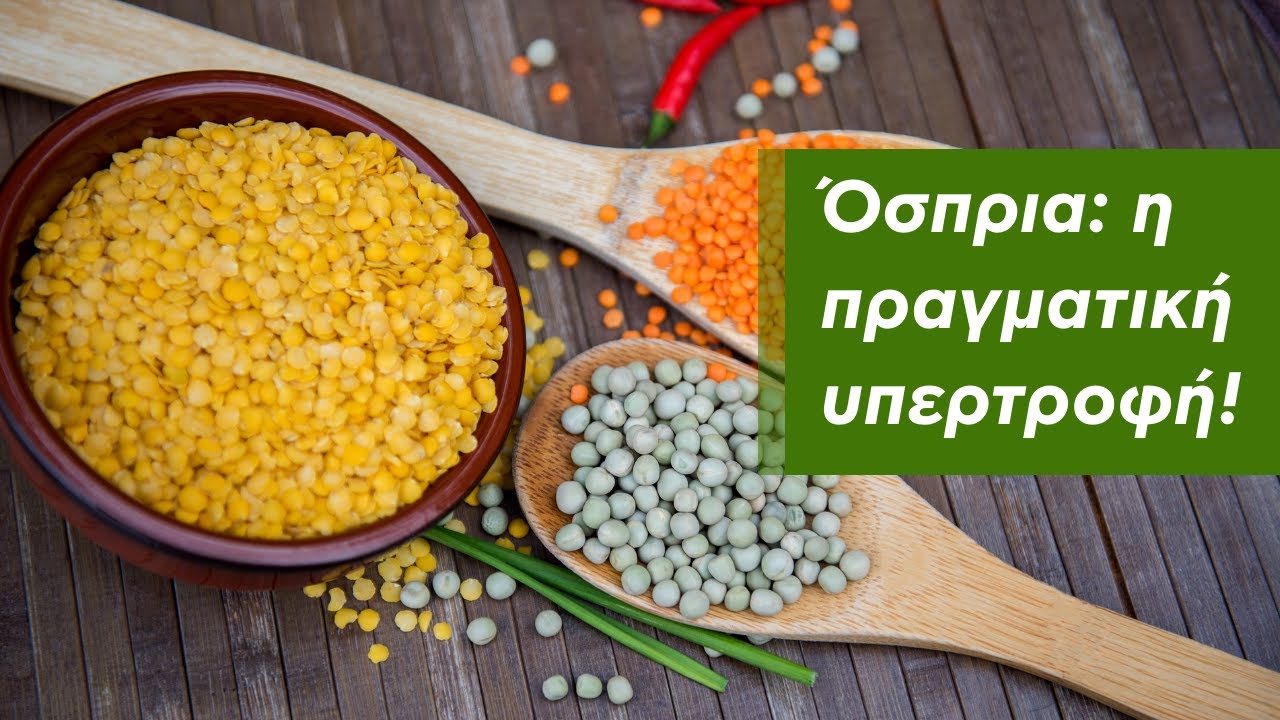




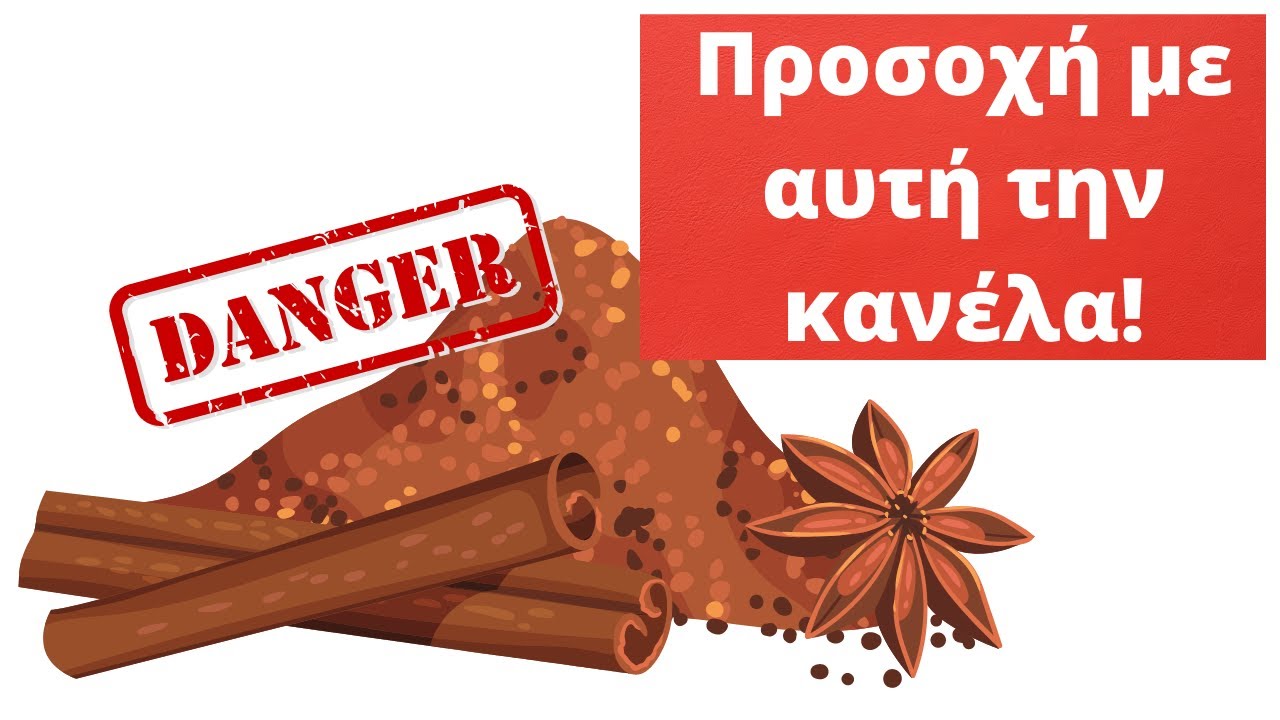



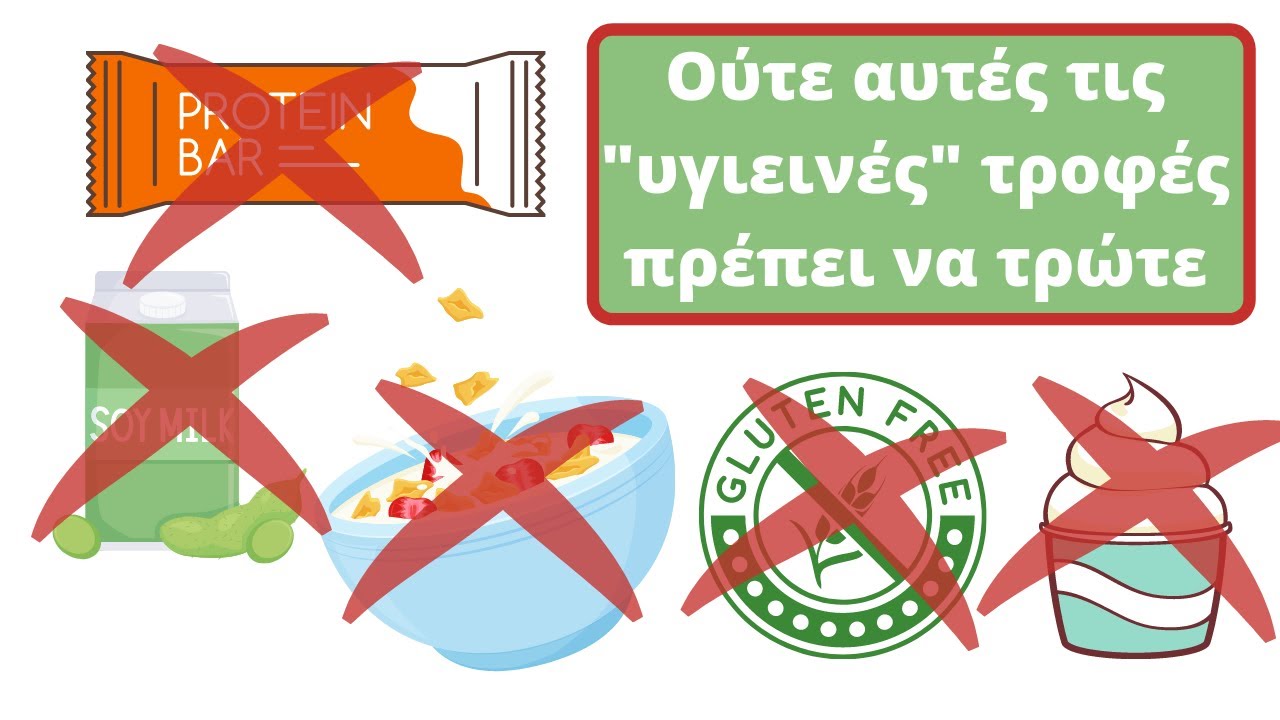

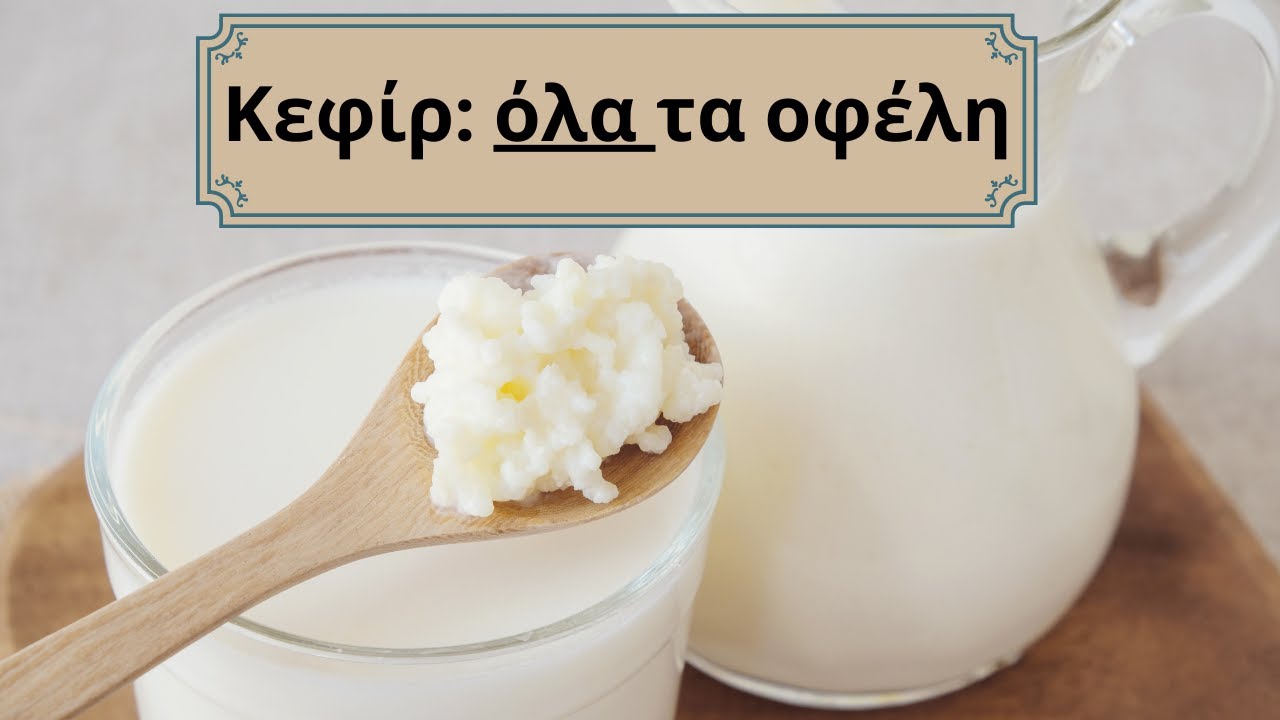

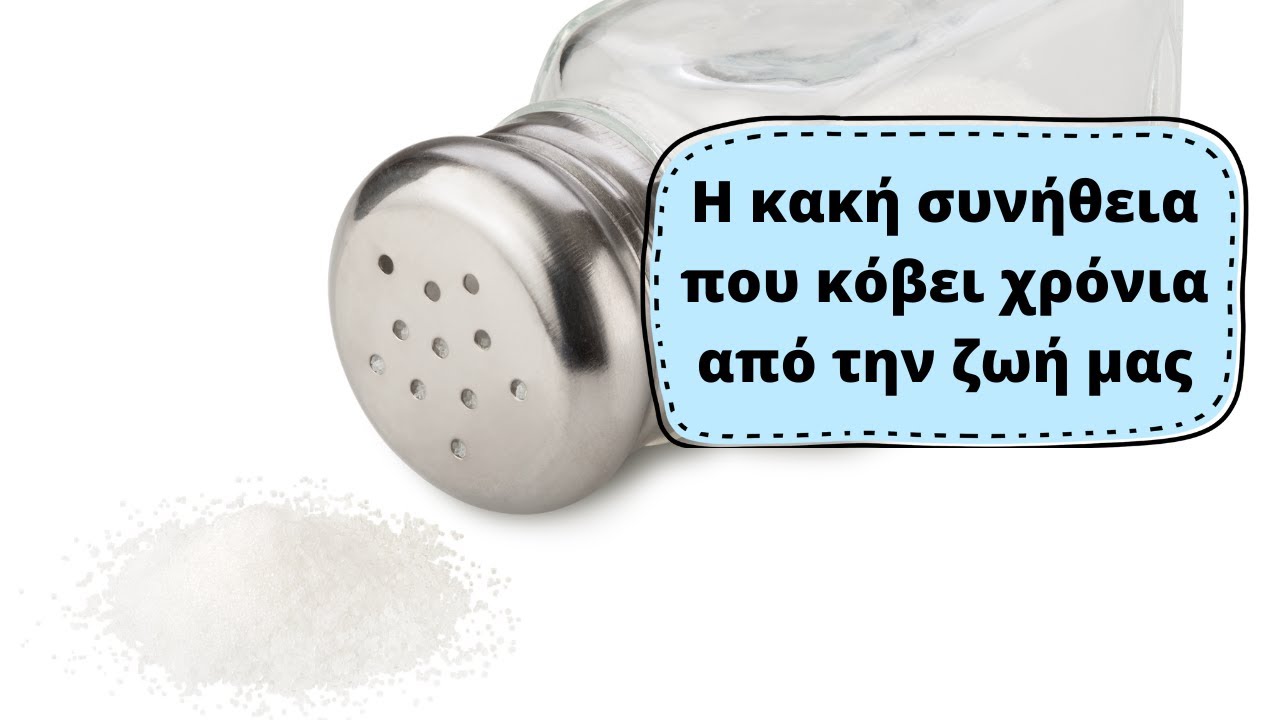
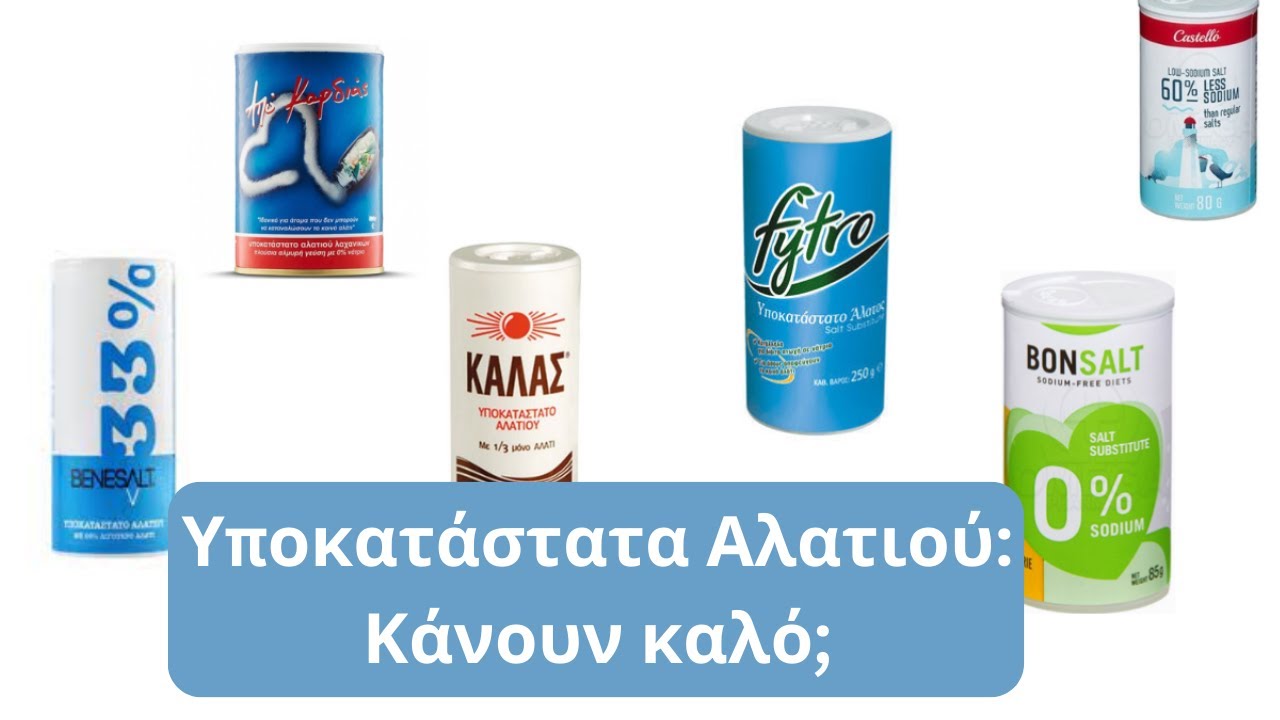

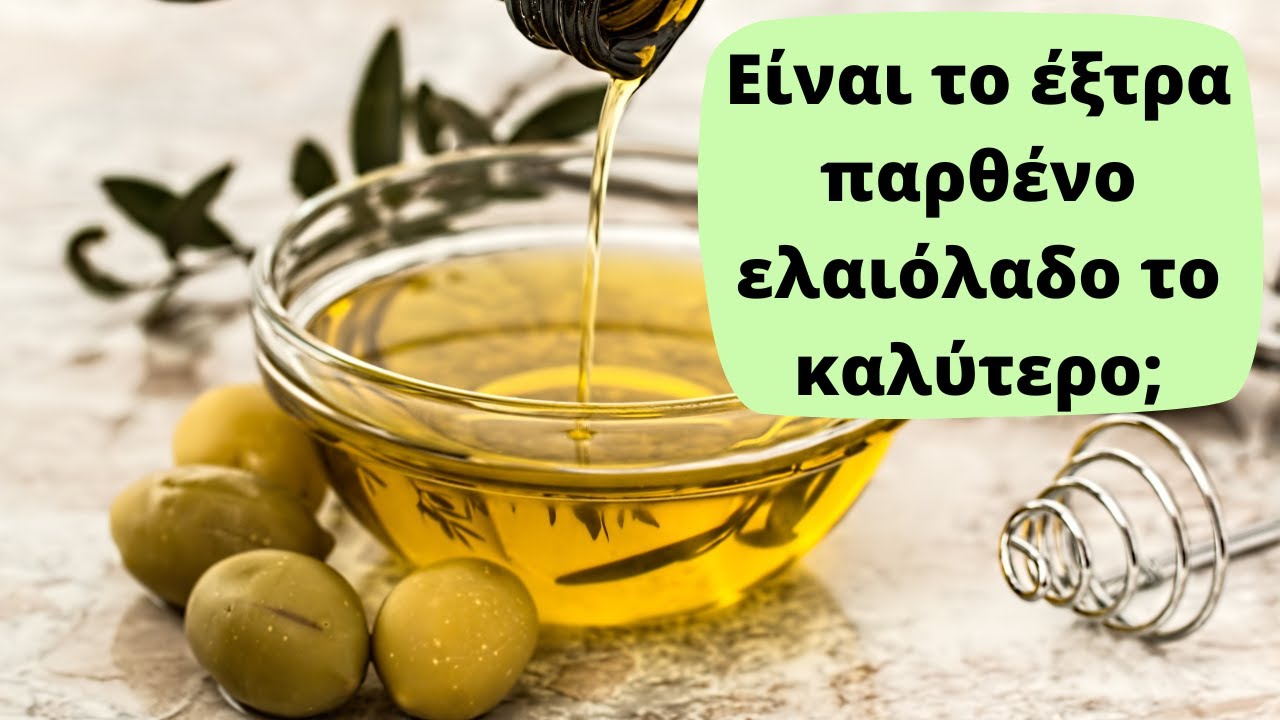
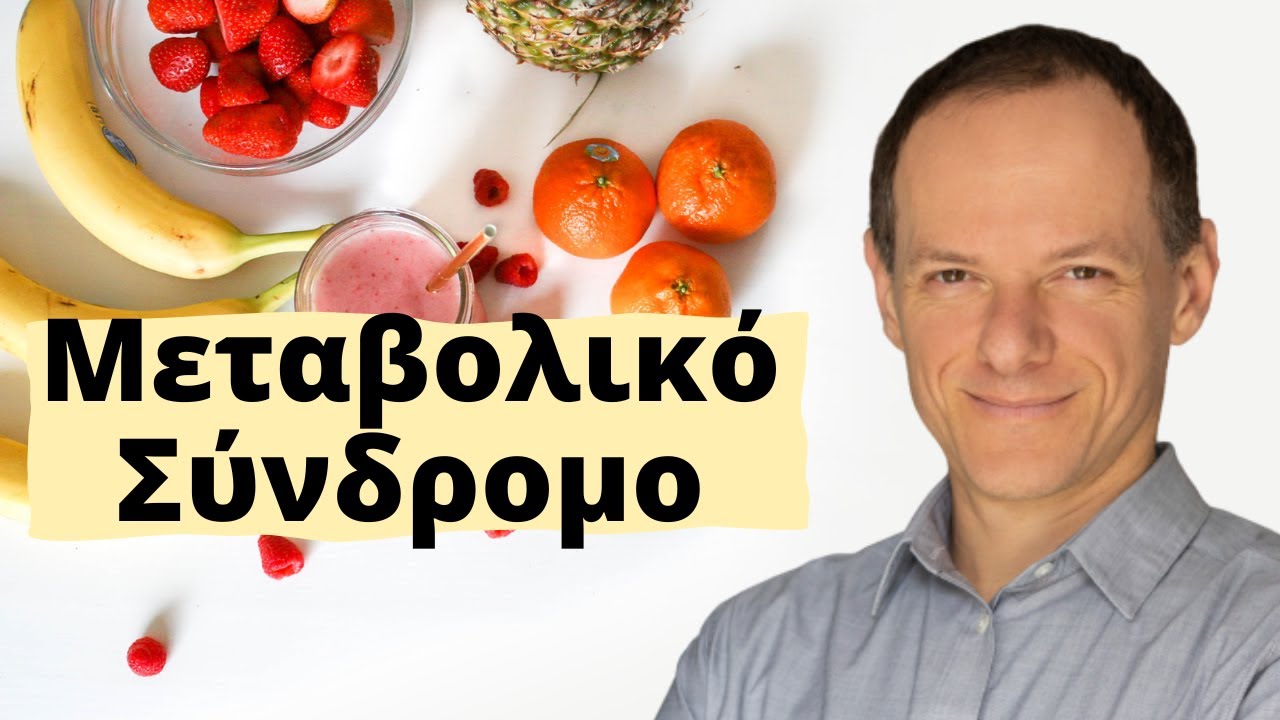








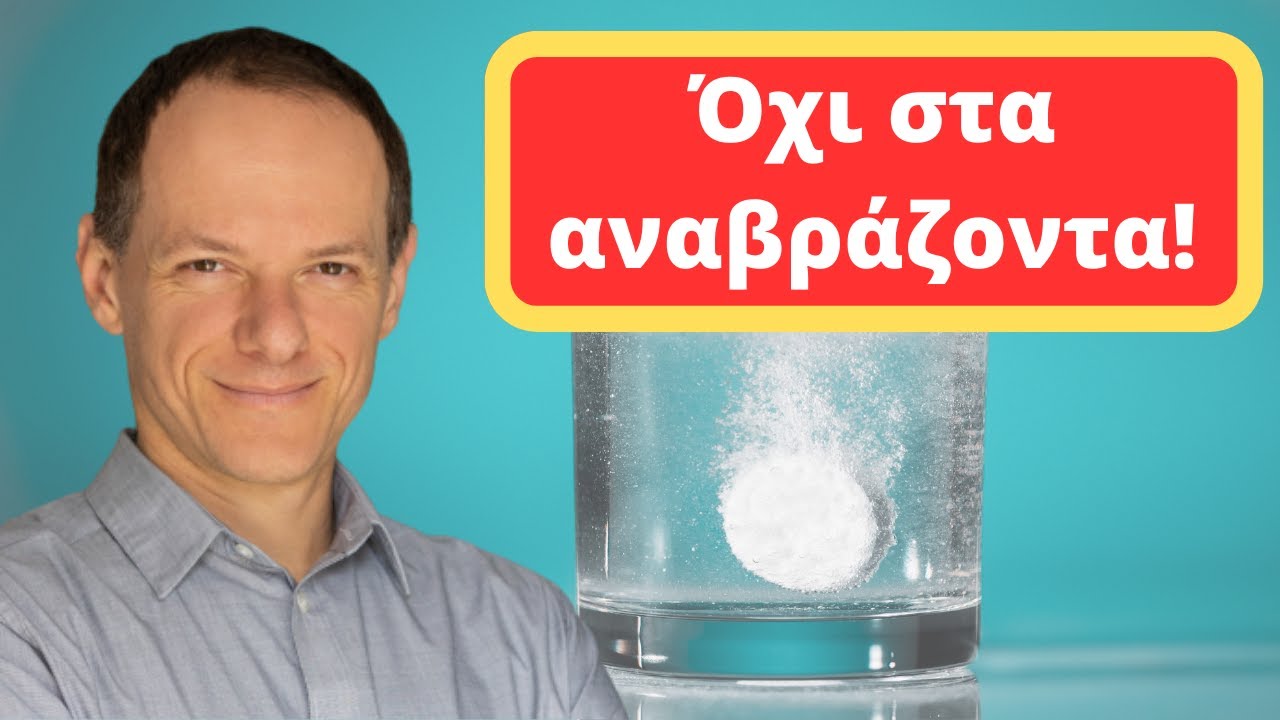


















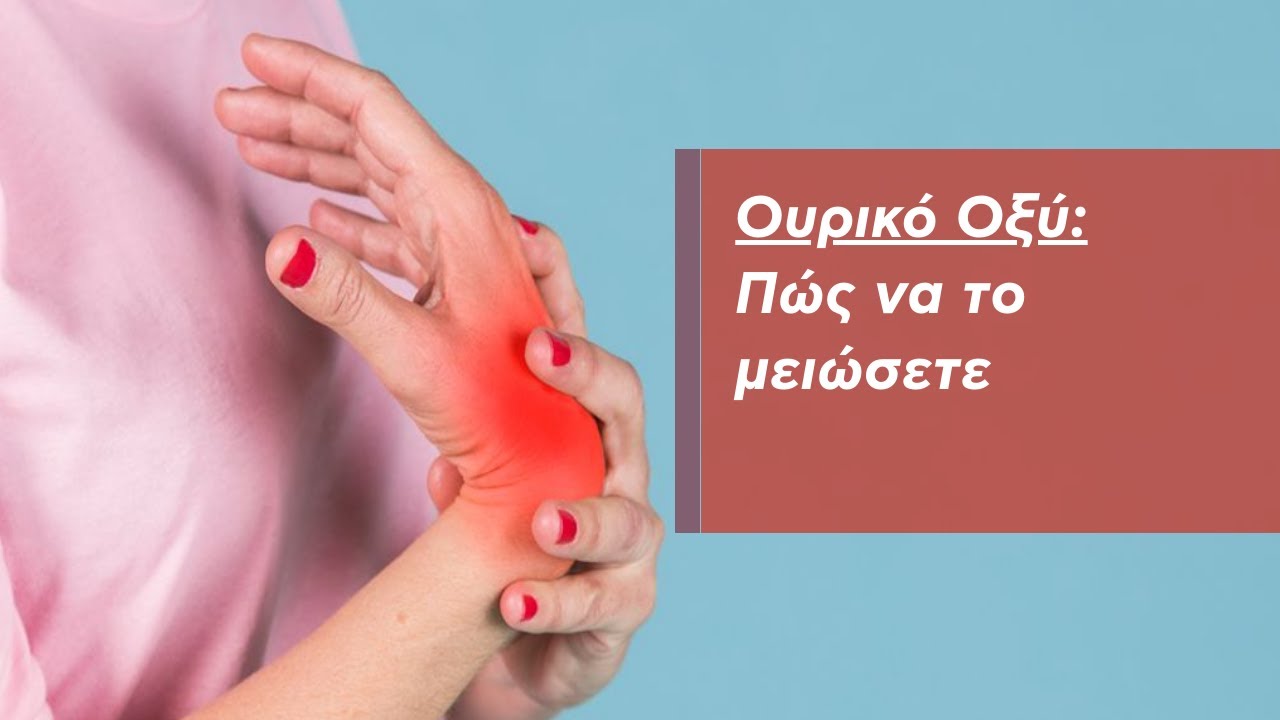





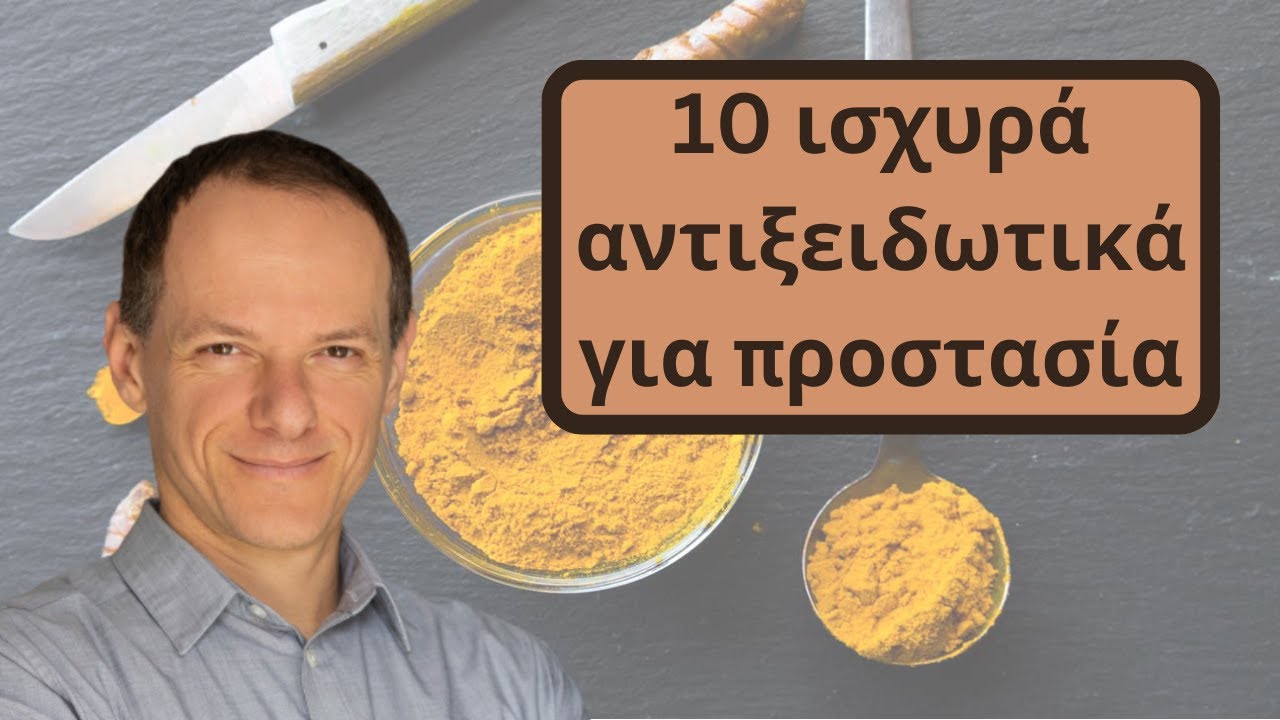
0 Σχόλια